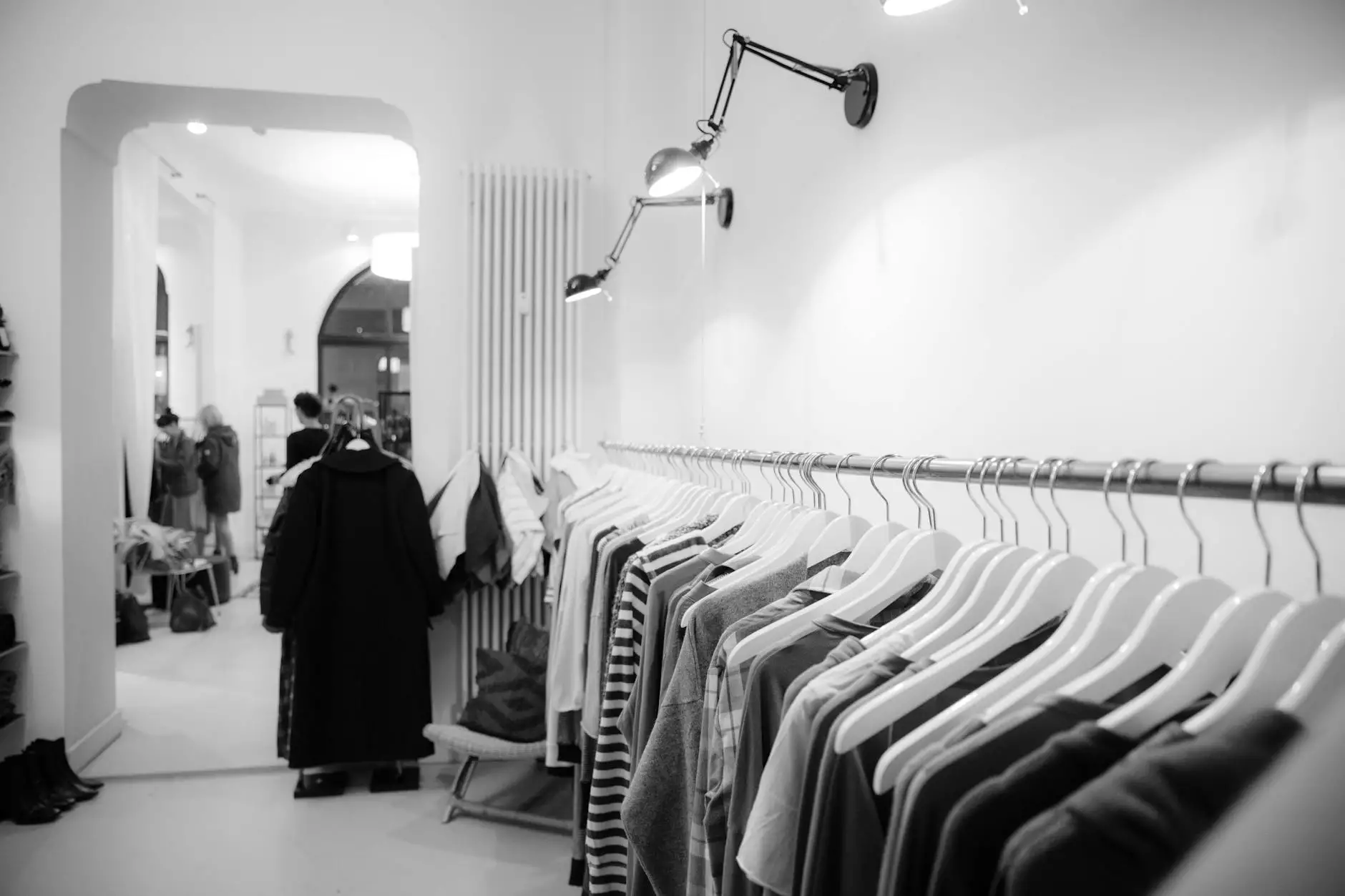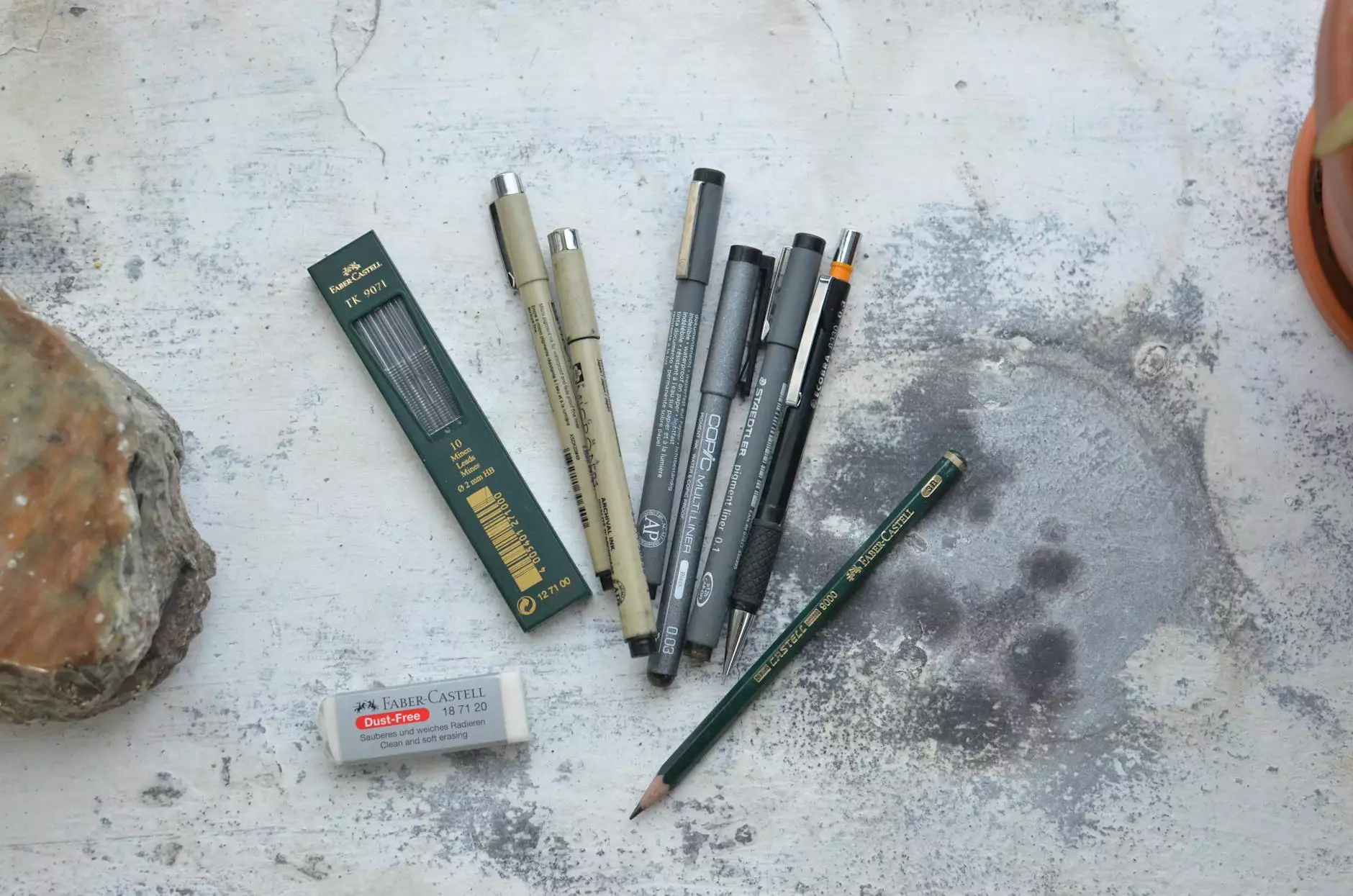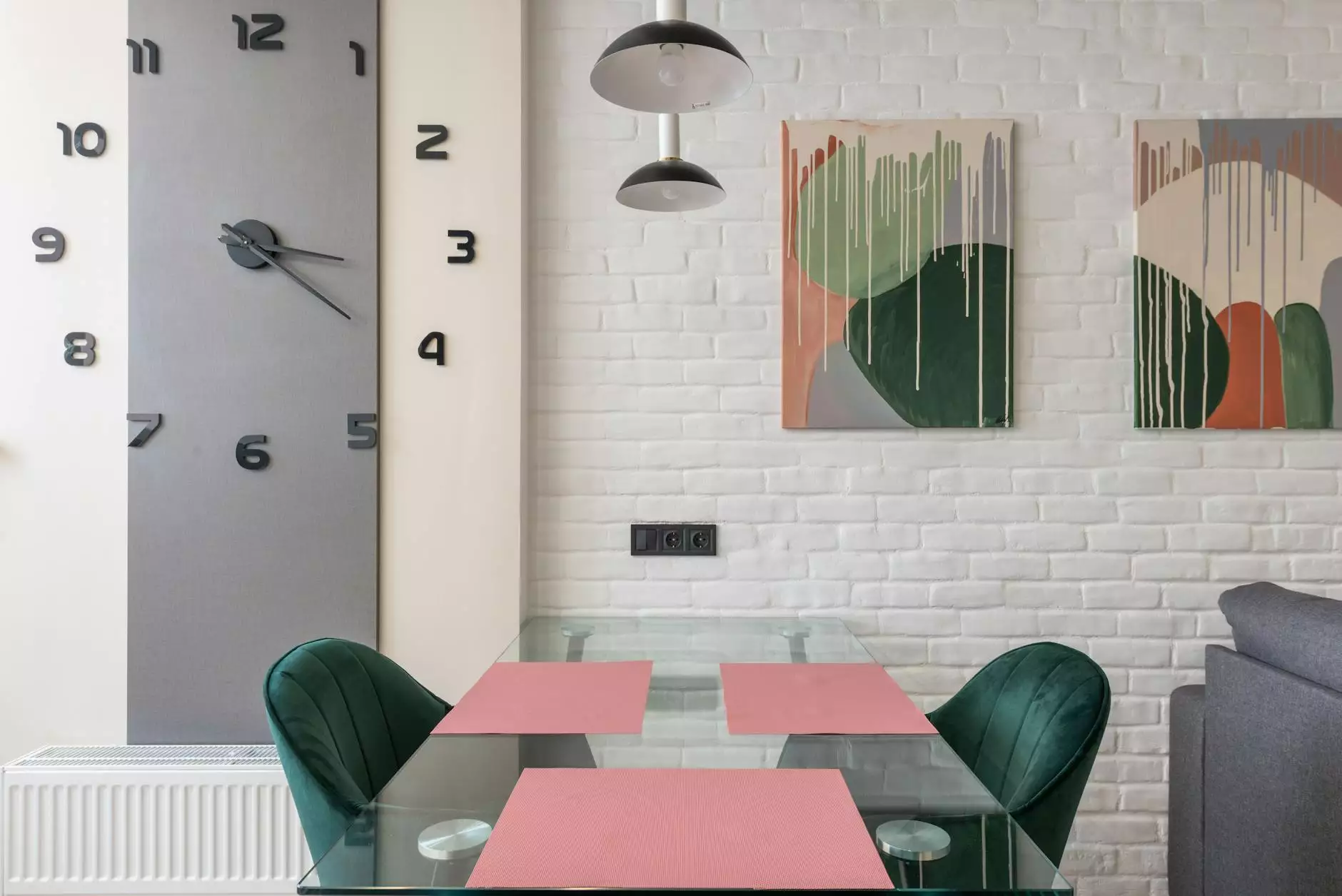How To Protect & Store Your Clothing

Introduction
As part of our commitment to providing comprehensive information to our valued customers, Best DIY Furniture Paint brings you this detailed guide on how to effectively protect and store your clothing. We understand the importance of keeping your clothes in optimal condition, whether it's a brand new outfit or a cherished vintage piece.
Why Is Clothing Protection Important?
Proper clothing protection is crucial to extend the lifespan of your garments, preserve their quality, and save money in the long run. By implementing the right storage techniques and taking preventive measures, you can shield your clothes from damage caused by pests, humidity, light exposure, and other factors.
Tips and Techniques for Clothing Protection
1. Clean Before Storing
Prior to storing your clothing, always ensure they are thoroughly cleaned. This includes washing or dry cleaning, depending on the fabric's care instructions. Stains and dirt left untreated can lead to permanent damage or discoloration over time.
2. Separate and Sort by Fabric Type
Separate your clothing items by fabric type before storing them. This helps prevent potential damage caused by different fabrics rubbing against each other. Sorting by fabric type also allows for easier maintenance, as specific fabrics may require distinct storage methods.
3. Use Proper Storage Containers
Invest in high-quality storage containers that are suitable for clothing storage. Opt for breathable materials like cotton or linen that allow air circulation while protecting against dust and pests. Avoid plastic bags or containers, as they can trap moisture and promote mold growth.
4. Utilize Acid-Free Tissue Paper
When storing delicate or special garments, such as wedding dresses or vintage clothing, use acid-free tissue paper. Gently wrap each item in tissue paper to provide an extra layer of protection against creasing and discoloration.
5. Avoid Sunlight and Excessive Light Exposure
Direct sunlight and excessive light exposure can fade colors and weaken fabrics over time. Store your clothing in a dark and cool area, away from windows or strong artificial lights. Consider using blackout curtains or UV-protective covers for additional light protection.
6. Maintain Proper Humidity Levels
Excessive humidity can lead to mold growth, while low humidity can make fabrics brittle. Aim for a humidity level around 40-50% to ensure optimal clothing preservation. If necessary, use dehumidifiers or humidifiers to regulate the humidity in your storage area.
7. Implement Pest Control Measures
To protect your clothing from pests such as moths or silverfish, incorporate preventive measures in your storage area. Natural deterrents like cedar blocks or lavender sachets are effective in repelling moths. Regularly inspect your stored clothing for any signs of pest infestation.
8. Check and Rotate Periodically
Don't forget to check on your stored clothing periodically to ensure they remain in good condition. Rotate the garments to prevent long-term creasing or fabric distortion. This allows for proper ventilation and prevents any potential damage caused by items being stored for an extended period.
9. Consider Climate-Controlled Storage
If you have valuable or delicate clothing pieces, consider investing in climate-controlled storage units. These units provide stable temperature and humidity levels, offering an optimal environment for preserving your clothing collection.
Conclusion
By following these tips and techniques, you can ensure that your clothing remains in excellent condition for years to come. At Best DIY Furniture Paint, we believe that proper clothing protection is essential to maximize your wardrobe's longevity. Take the necessary steps today to protect your investment and enjoy your cherished garments for many seasons.
Start Protecting Your Clothing Today
Upgrade your clothing storage methods with Best DIY Furniture Paint's expert advice. Visit our website to explore our wide range of storage solutions and find the perfect options to protect and store your clothing collection. Don't let time and external factors compromise the quality of your garments - start implementing effective clothing protection measures now!










